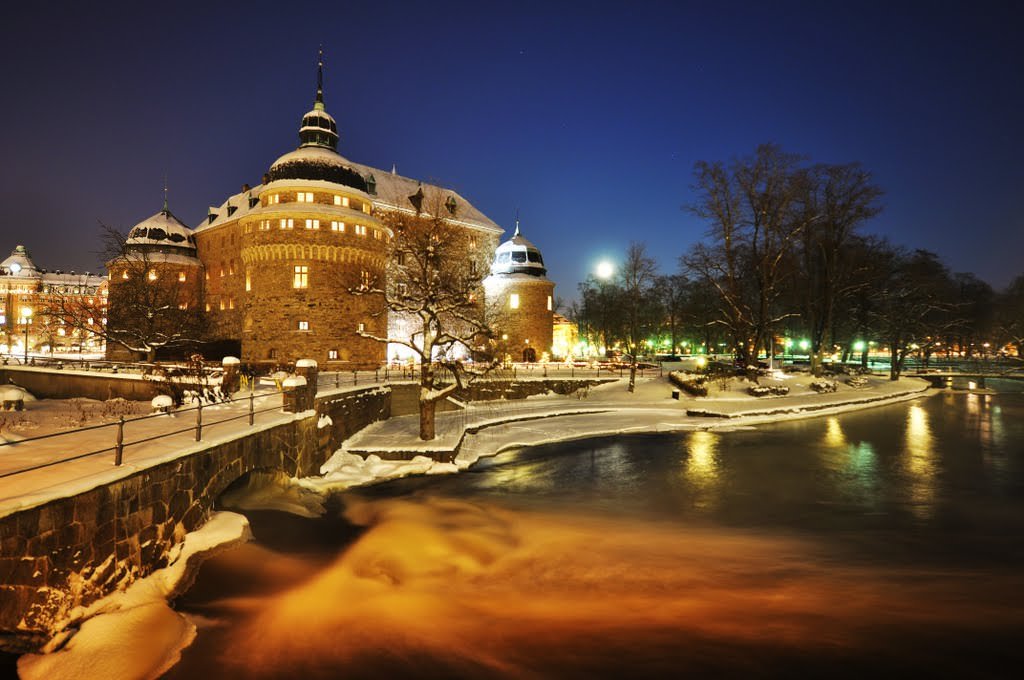European capitals quiz a continent steeped in history, culture, and breathtaking landscapes, boasts a diverse array of nations, each with its own unique capital city. For geography enthusiasts, history buffs, or simply those seeking a fun and engaging challenge, mastering European capitals can be a rewarding pursuit. This article will guide you through the exciting world of European capitals, offering tips, resources, and strategies to enhance your knowledge.
Why Learn European Capitals?
Beyond the obvious academic benefits, learning European capitals can be a surprisingly enriching experience. It:
Enhances Geographical Awareness: It fosters a deeper understanding of European geography, including the location and distribution of countries.
Sparks Curiosity: It can ignite a desire to learn more about the history, culture, and attractions of these fascinating cities.
Improves Memory: The act of memorization strengthens cognitive function and enhances memory recall.
Provides a Fun and Engaging Challenge: Learning European capitals can be a competitive and entertaining way to test your knowledge and challenge your friends.
Facilitates Travel Planning: Whether you’re a seasoned traveler or simply dreaming of future adventures, knowing European capitals can be invaluable for planning trips and exploring new destinations.
Effective Learning Strategies
Mastering European capitals requires a multi-faceted approach. Here are some effective strategies to help you on your journey:
Flashcards: The classic method! Create flashcards with the country name on one side and the capital city on the other. Regularly review them, focusing on the ones you find most challenging.
Mnemonics: Create catchy mnemonics to associate countries with their capitals. For example, “Romantics Dine In Paris” for France.
Interactive Maps: Utilize online interactive maps that allow you to click on a country and identify its capital. Many websites and educational platforms offer this feature.
Quizzes and Games: Engage in online quizzes and games that test your knowledge of European capitals. Many websites and apps offer a variety of quiz formats, from multiple-choice questions to timed challenges.
Travel Guides and Documentaries: Explore travel guides and documentaries featuring European cities. This not only helps you learn the capitals but also provides fascinating insights into their history, culture, and attractions.
Group Study: Join a study group or challenge your friends to a friendly competition. Learning together can be more engaging and motivating.

Resources for Learning European Capitals
Online Quizzes and Games: Numerous websites and apps offer interactive quizzes and games specifically designed for learning European capitals. Some popular options include:
Seterra: A geography game that allows you to practice locating countries and their capitals on a map.
Geography Now: A YouTube channel that provides engaging and informative videos about countries and their capitals.
Educational Websites: Many educational websites offer resources for learning European capitals, including interactive maps, quizzes, and printable worksheets.
Travel Guides and Documentaries: Explore travel guides and documentaries that showcase the beauty and diversity of European cities.
Tips for Success
Consistency is Key: Dedicate regular time to review and practice. Even short, daily sessions can significantly improve your knowledge.
Focus on Difficult Countries: Identify the countries and capitals that you find most challenging and dedicate extra time to learning them.
Make it Fun: Incorporate games, puzzles, and other interactive activities to make the learning process enjoyable.
Reward Yourself: Celebrate your progress and reward yourself for achieving your learning goals.
The Challenge of Memorization
Overcoming Forgetting Curves: The human brain naturally forgets information over time. To combat this, spaced repetition is key. Review your flashcards and practice quizzes at increasing intervals to reinforce learning and solidify your memory.
Grouping and Chunking: Divide the list of European capitals into smaller, more manageable groups (e.g., Western Europe, Eastern Europe, Scandinavian countries). This makes the task less overwhelming and allows you to focus on specific regions.
Utilizing Visual Aids: Create mind maps or visual diagrams connecting countries and their capitals. This can help you visualize the relationships and make learning more engaging.
Beyond the Basics: Exploring the Cities
Cultural and Historical Significance: Once you’ve learned the capitals, delve into their rich histories and unique cultures. Explore famous landmarks, historical sites, and cultural events that make each city special.
Travel Planning: Use your knowledge to plan potential trips. Research transportation options, accommodation, and must-see attractions in each city.
Connecting with Current Events: Stay updated on current events happening in European capitals. This will not only reinforce your knowledge but also provide a deeper understanding of global affairs.
Final Thoughts
Learning European capitals quiz capitals can be a rewarding and enriching experience. By employing effective learning strategies, utilizing available resources, and maintaining a consistent approach, you can confidently navigate the geography of Europe and gain a deeper appreciation for its diverse and captivating cities. So, embark on your journey of discovery, explore the fascinating world of European capitals, and unlock the wonders of this captivating continent.
FAQs
What are some advanced learning techniques for memorizing European capitals?
Advanced learning techniques include utilizing Spaced Repetition Systems like Anki or Memrise, which schedule reviews based on the forgetting curve. The Method of Loci, an ancient technique, involves associating each country-capital pair with a specific location within an imaginary or real palace. Teaching others, whether friends, family, or even yourself, forces you to articulate your knowledge, strengthening understanding and identifying areas for further review.
How can learning European capitals enhance my understanding of global interconnectedness?
Learning European capitals quiz capitals provides insights into political and economic power dynamics as these cities are centers of political and economic power. It enhances understanding of international relations, trade agreements, and global power dynamics. Many European capitals serve as hubs for cultural exchange, attracting artists and intellectuals from around the world, thus enhancing understanding of global cultural trends.
Are there any unique challenges in learning Eastern European capitals compared to Western European capitals?
Learning Eastern European capitals can present unique challenges. The pronunciation of Eastern European languages can be challenging for English speakers. Familiarity with the geography and history of Eastern Europe might be lower, making it more difficult to learn the capitals. The political landscape of Eastern Europe has undergone significant changes, which can sometimes lead to confusion regarding country names and capitals.
To read more, Click Here













Leave a Reply